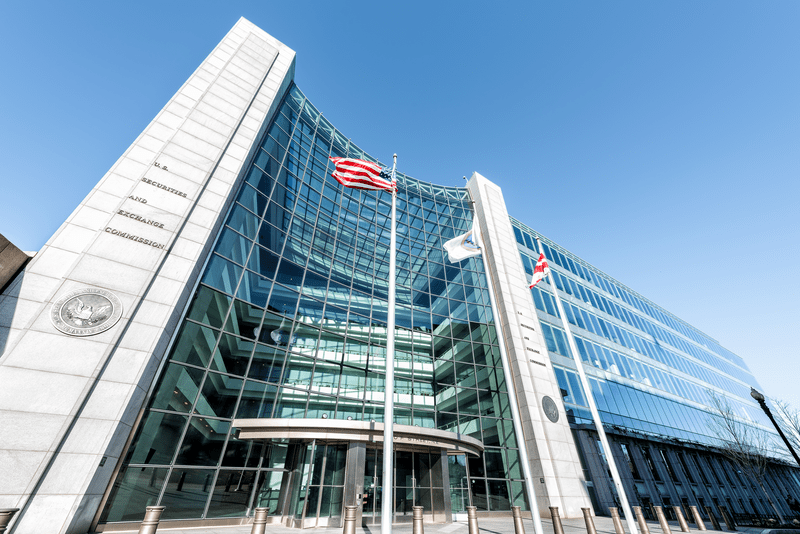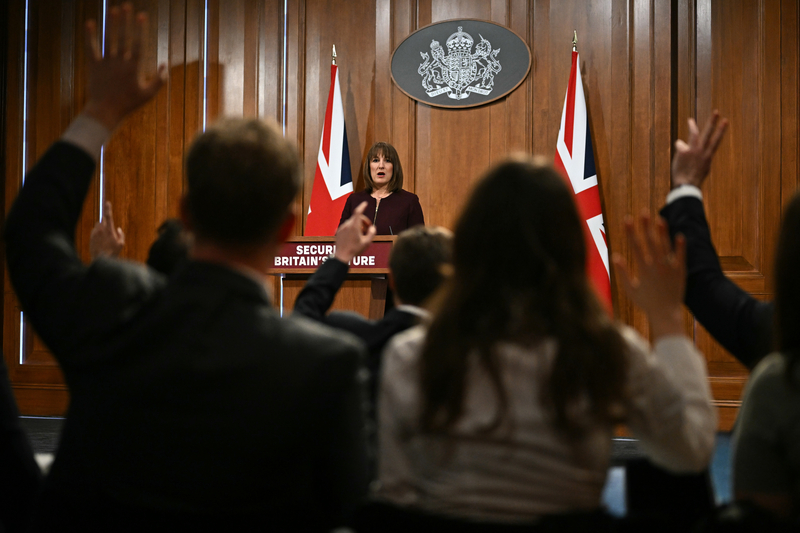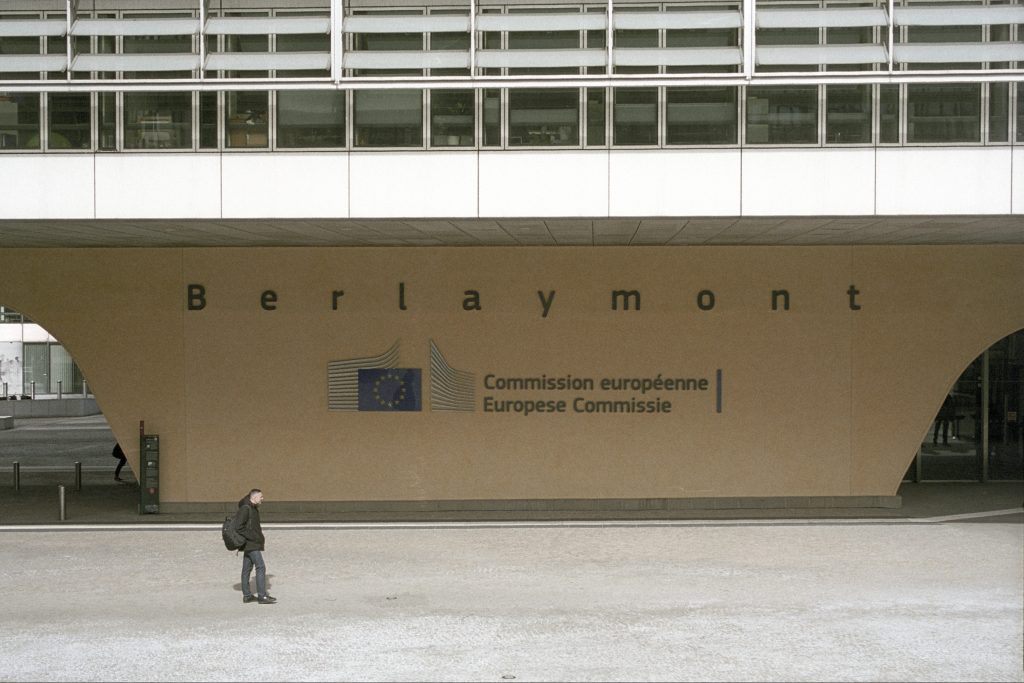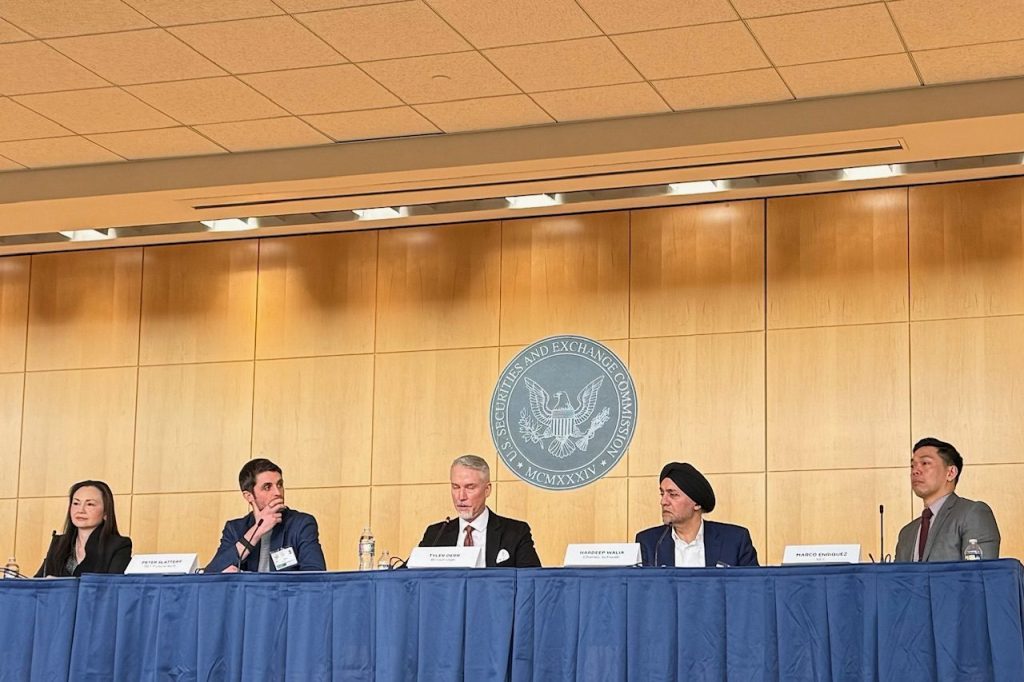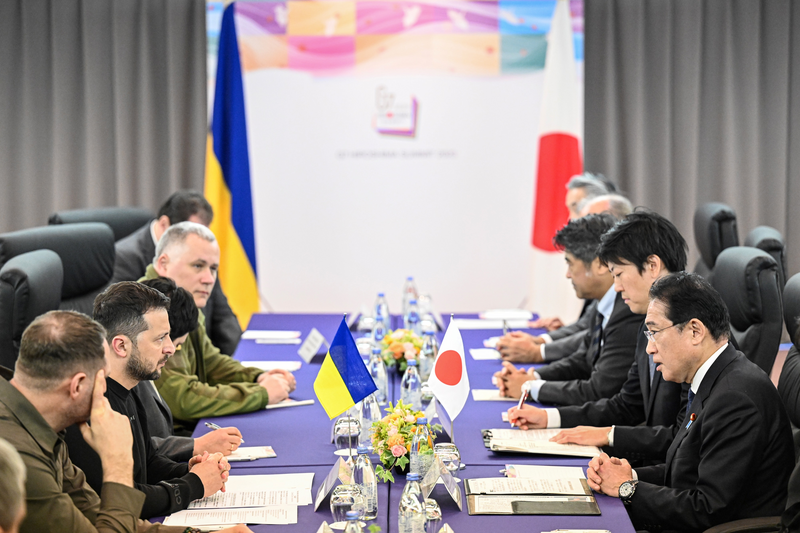The scope of G7 sanctions has been steadily expanded since Russia’s full-scale invasion of Ukraine in February 2022 and now restricts most trade with – and investment in – Russia. The EU’s foreign policy chief, Josep Borrell, said in March that the bloc has nearly exhausted its options for punitive measures: “There is little left to control other than basic commercial items.” The focus now, he said, “is to tighten the implementation of sanctions.”
This means closer co-operation with allies to block evasion of sanctions through third countries combined with tougher enforcement at home. Renewed efforts now to ensure sanctions compliance can help prevent any inadvertent breaches and enforcement action that can be costly in terms of reputation and legal support.
Closer co-operation
At the Group of Seven (G7) Summit in Hiroshima, Japan on May 19, the G7 Leaders announced new steps to crack down on sanctions evasion including:
- pursuing the assets of “Russian Elites, Proxies, and Oligarchs” through the “REPO Task Force and fully mapping the holdings of Russia’s sovereign assets frozen in G7 jurisdictions and keeping them immobilized until Russia pays for the damage it has caused to Ukraine; and
- taking action against actors in third countries, including branches of Russian banks being used to circumvent sanctions.
On the same day, the US Department of the Treasury, Office of Foreign Assets Control (OFAC) and the US State Department issued over 200 new sanctions designations specifically targeting those involved in circumvention, including procurement networks in Liechtenstein, the Netherlands, Czechia, Poland, Germany, Finland and Estonia. This followed co-ordinated designations in April by the US and the UK of “professional enablers” suspected of helping Russian oligarchs to hide their assets, including a number of persons in Cyprus. The US subsequently provided the Cypriot authorities with substantial dossiers detailing the alleged activities which are currently under investigation.
OFAC also added to its restrictions on transactions with Russia’s Central Bank and other federal financial institutions, now requiring anyone who holds property interests of such entities (including equity, bonds, debt instruments, etc.) to file an annual report declaring that property: the first such report is due by 18 June.
In parallel, the EU is (at the time of writing) finalising details of its 11th package of Russia sanctions, focused on circumvention. Proposals under discussion are reported to include:
- expanding the EU’s list of persons to which restrictions apply, including those in third countries involved in circumvention;
- restricting exports to third countries where there is a demonstrated risk of circumvention; and
- prohibiting access to EU ports of vessels transporting sanctioned goods or suspected of breaching EU sanctions on Russian oil.
Tougher enforcement
EU and UK enforcement has historically been significantly less hard-hitting than the US. In 2022, the UK imposed total penalties of £45,000 ($55,811) for two for sanctions violations and there have been none so far in 2023. By contrast, to date in 2023 OFAC has imposed six fines totalling over $540m.
However, there are signs that the EU and UK are determined to get tougher. In recent months, the EU has:
- issued new guidance on the due diligence and ongoing monitoring that EU firms are expected to implement to prevent sanctions circumvention;
- appointed a Special Envoy to work with third countries to stop sanctions evasion;
- expanded the obligations of all EU actors to report frozen assets; reports must now include information on assets that are not yet treated as frozen (such as assets that have been concealed) and assets that were subject to any moves or alterations in the two weeks preceding an asset freeze designation;
- set up a ‘Freeze and Seize’ Task Force to coordinate EU actions against oligarchs’ assets; and
- elevated sanction violations to constitute an “EU crime”, alongside terrorism, money laundering and corruption. The EU is working on a draft Directive to stiffen penalties for sanctions’ violations of up to 5% of total worldwide turnover of the corporate group concerned.
This is also reflected in a much more robust approach at the EU Member State level. For example, Germany adopted two Sanctions Enforcement Acts last year and established the Central Office for Sanctions Enforcement. In 2022, at least 150 cases were reportedly under investigation by the German authorities for alleged violations and it is expected that this number has since increased significantly.
At the same time, in the UK:
- the Office of Financial Sanctions Implementation (OFSI) doubled its staff during 2022 and is appointing a second Director focussed specifically on enforcement;
- a breach of financial sanctions is now a strict liability offence, such that OFSI may issue a monetary penalty without needing to demonstrate that a person had knowledge or reasonable cause to suspect they were in breach of a financial sanction;
- OFSI now also has the power to publicly name organisations that have breached sanctions, even where it decides not to impose a penalty, potentially inflicting serious reputational damage; and
- the Financial Conduct Authority (FCA) expects firms to have established systems to ensure compliance with sanctions as a key part of their controls on financial crimes; the FCA can take enforcement action if it detects – or receives reports – of deficiencies in those systems.
Make sanctions more effective
With the G7 countries arming themselves with the regulatory firepower to make sanctions more effective, businesses need to ensure that they have dedicated proportionate resources to compliance, using a risk-based approach. Key elements to consider include:
- identifying which jurisdictions apply to which transactions and particularly whether US jurisdiction is applicable, which includes not only transactions denominated in US dollars but also, for example, those routed through US servers or involving direction, facilitation or back-office support by US persons;
- employing rigorous screening processes and policies for onboarding and continuing relationships with all business partners. These need to check not only the counterparties themselves but also their major shareholders, directors and senior managers in order to determine whether an entity is owned or controlled by a designated person. Shareholdings may be obscured by holding companies that some sanctions screening software does not penetrate;
- monitoring the use of third-party intermediaries and transhipment points for Russia and Belarus (e.g., China, Armenia, Turkey and Uzbekistan) for possible sanctions and export controls evasion;
- fulfilling reporting obligations in respect of asset freezes;
- determining whether other financial or trade sanctions apply to a proposed transaction, such as granting new loans, dealing in securities, making new investments, exporting or importing sanctioned goods and services;
- ensuring that staff have up-to-date guidance and training, and robust internal reporting and audit procedures are in place; and
- checking that contracts can be suspended or terminated without liability or serious risk of judicial challenge, in the event that sanctions prevent their performance.
* The contents of this article do not constitute legal advice and are provided for general information purposes only.
Andrew Hood is a regulatory partner and the head of European law firm Fieldfisher‘s trade team. Richard Tauwhere is an advisor in Fieldfisher’s International Trade team.



